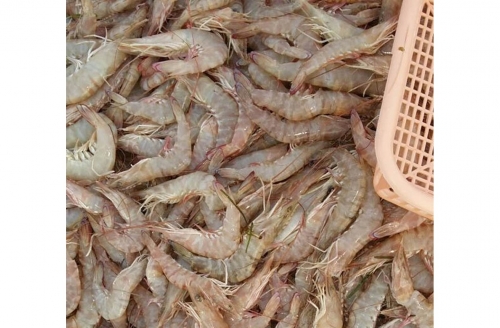Over 1,100kg illegally caught shrimp seized in Bahrain
TDT | Manama
The Daily Tribune – www.newsofbahrain.com
Reported by Zahra Ayaz
Ministry of Works, Municipalities Affairs and Urban Planning reported that it had seized over 1,100 kilograms of illegally captured shrimp.
In a statement, the Ministry said that since the ban’s implementation, more than 1,100 kilos of illegal shrimp have been confiscated and sold or traded as a result of daily monitoring and follow-up of public coasts, markets, and seafood sales.
The administration has taken all required legal actions in these situations, including submitting the offenders to Public Prosecution and urging everyone to adhere to the law and refrain from fishing for shrimp during the ban period to protect the marine wealth.
Crab and shrimp fishing, trading, and selling are all outlawed in Bahrain for two months every year during this time of year. The ban came into effect on March 15 and was extended through May 15, 2023.
The ban aims to stop fishing during the breeding period to preserve marine wealth and biodiversity in the territorial waters of the Kingdom. Marine control teams will start monitoring to prevent violations or abuses of the decision and ensure that Bahrain’s marine wealth is protected.
During the yearly ban, it is illegal to have nets, equipment, or any other means of catching crabs on the decks of boats in specified crabbing areas as well as docking areas. Earlier, Ashkar Poozhitala, a trader at Central Market, told The Daily Tribune that every year when the authorities issue a ban, the market inevitably experiences losses because there won’t be any seafood to sell.
“If the weather is terrible, the prices of the seafood go up, and if everything goes well when fishing these crabs and shrimps, the price is modest." "Fishermen who sell seafood products in the central market stay in the ocean for five to six days,” Poozhitala said.
Related Posts

